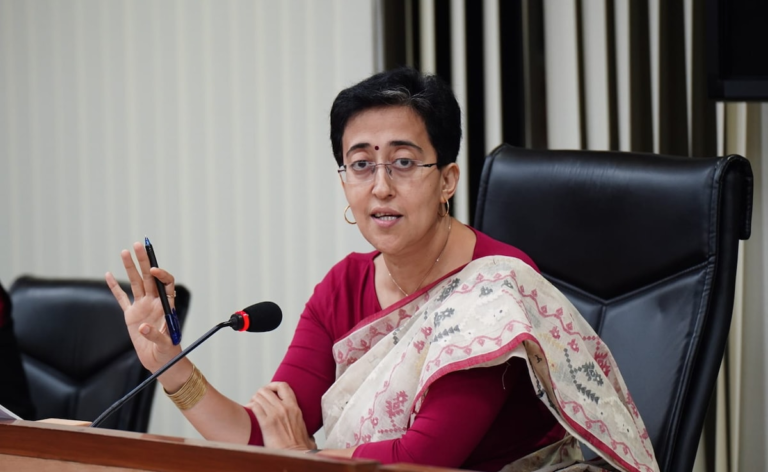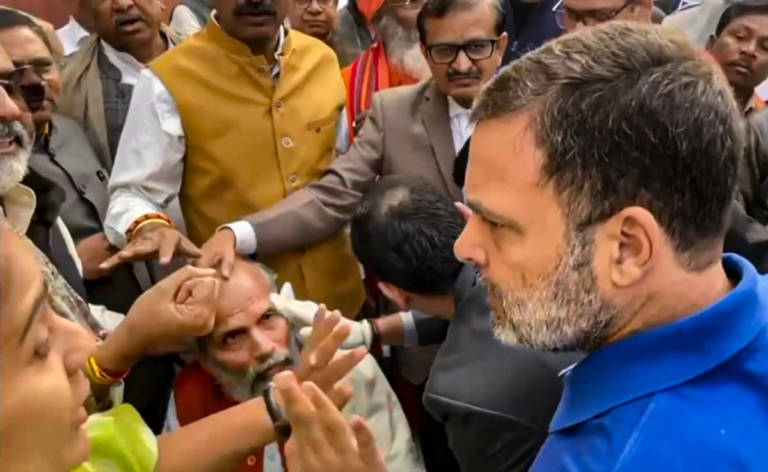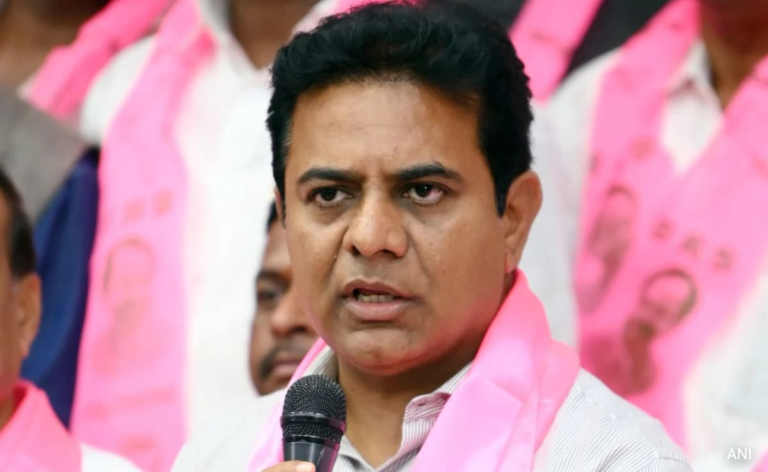
The Bombay high court’s acquittal of GN Saibaba, a former Delhi University academician, in a case concerning his alleged links to the banned Communist Party of India (Maoist) underscores key failings of India’s criminal justice system. Saibaba was arrested in 2014, and the sanction to prosecute him under the Unlawful Activities (Prevention) Act, or UAPA, was granted only the following year. Yet, a sessions court in Gadchiroli, Maharashtra, took cognisance of the case and heard the first witness even before the sanction was granted. Saibaba was handed a conviction by the same court and sentenced to life imprisonment in 2017. Upon appeal, the Bombay high court (HC) recognised the procedural lapses and overturned the conviction in 2022, ordering his release. But this was overturned promptly by the Supreme Court, which ordered a fresh review, on the merits of the case, by the high court. Now, the HC has held that the prosecution failed to prove its case: “The prosecution has failed to establish any legal seizure or any incriminating material against the accused,” the two-judge bench said on Tuesday. The court also said the trial commencing despite mandatory legal provisions being breached, was “a failure of justice”.

The Bombay high court’s acquittal of GN Saibaba, a former Delhi University academician, in a case concerning his alleged links to the banned Communist Party of India (Maoist) underscores key failings of India’s criminal justice system. Saibaba was arrested in 2014, and the sanction to prosecute him under the Unlawful Activities (Prevention) Act, or UAPA, was granted only the following year. Yet, a sessions court in Gadchiroli, Maharashtra, took cognisance of the case and heard the first witness even before the sanction was granted. Saibaba was handed a conviction by the same court and sentenced to life imprisonment in 2017. Upon appeal, the Bombay high court (HC) recognised the procedural lapses and overturned the conviction in 2022, ordering his release. But this was overturned promptly by the Supreme Court, which ordered a fresh review, on the merits of the case, by the high court. Now, the HC has held that the prosecution failed to prove its case: “The prosecution has failed to establish any legal seizure or any incriminating material against the accused,” the two-judge bench said on Tuesday. The court also said the trial commencing despite mandatory legal provisions being breached, was “a failure of justice”.
While the State has already appealed the HC order, the case raises several questions about investigations in Maoist/terror cases, the treatment of undertrials, and provisions of UAPA itself. Saibaba, a paraplegic in his fifties, has been in jail for a decade, lost his job, and his bail pleas were denied. A parallel can be drawn with the Elgar Parishad case, where the police claimed there was an elaborate conspiracy to overthrow the Indian State by a diverse set of political actors including Dalit groups, Left-wing activists, academicians, and Maoists. One of the accused, Stan Swami, an octogenarian Jesuit priest diagnosed with Parkinson’s disease, died after spending three years in jail as an undertrial. More often than not, trials in such cases extend for years, and, as the Supreme Court recently suggested, the process itself becomes the punishment.
Undertrials account for 76% of the occupants of India’s overcrowded jails. The criminal justice system’s aversion to bail, especially in UAPA cases where stringent provisions and judicial interpretations make bail near impossible, exacerbates the problem. Data from the National Crime Records Bureau points to an alarming increase in cases registered under the law whereas conviction rates are abysmal, in the low single-digits. This suggests a shoddy investigation, and the hasty invocation of anti-terror law provisions, often resulting in a miscarriage of justice.
Continue reading with HT Premium Subscription
Daily E Paper I Premium Articles I Brunch E Magazine I Daily Infographics








